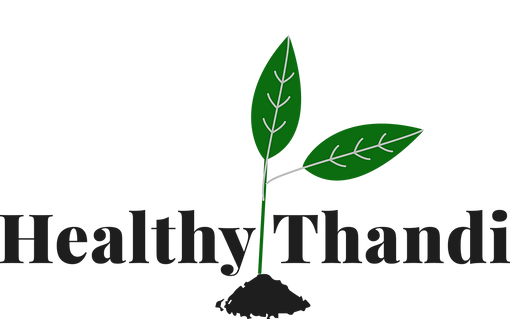What is veganism?
Veganism is a lifestyle and dietary choice that seeks to exclude the use of animals for food, clothing, or any other purpose. People who follow a vegan diet do not eat any animal products, including meat, dairy, eggs, and honey, and they also avoid using any products made from animals, such as leather, wool, and silk. Additionally, many vegans also choose to avoid using products that have been tested on animals or support the use of animals for entertainment or other purposes. The main goal of veganism is to reduce harm and exploitation of animals, and many people adopt a vegan lifestyle for ethical, environmental, and health reasons.
What are the benefits of going vegan?
There are many potential benefits to going vegan, some of which include:
-
Weight loss: A vegan diet is typically lower in calories and fat than a diet that includes meat, which can lead to weight loss.
-
Lower risk of chronic diseases: Studies have shown that a vegan diet may lower the risk of heart disease, type 2 diabetes, and certain types of cancer.
-
Improved gut health: Plant-based foods are high in fiber, which can promote healthy digestion and prevent constipation.
-
Better blood sugar control: A vegan diet may help regulate blood sugar levels and improve insulin sensitivity.
-
Reduced environmental impact: Animal agriculture is a leading cause of deforestation, water pollution, and greenhouse gas emissions, switching to a vegan diet can significantly reduce your carbon footprint.
-
More Nutrient-dense: Vegan diets tend to be higher in nutrients like vitamins C and E, folate, and magnesium, and lower in saturated fat.
It's worth noting that as with any dietary change, it is important to ensure that you are getting all the necessary nutrients and vitamins by consulting with a healthcare professional or a registered dietitian. Also, it's important to be well-informed and to plan a balanced diet.
What are the disadvantages of going vegan?
While there are many potential benefits to going vegan, there are also some potential downsides to consider:
-
Nutrient deficiencies: A vegan diet may be low in certain nutrients, such as vitamin B12, omega-3 fatty acids, and iron. These deficiencies can be addressed by taking supplements and eating fortified foods, but it's important to speak with a healthcare professional or a registered dietitian before making any dietary changes.
-
Difficulty following a vegan diet: Depending on where you live, it may be harder to find vegan options at restaurants or to find vegan ingredients at the grocery store. Following a vegan diet may also be more difficult when eating out or when traveling.
-
Social isolation: Following a vegan diet can be isolating if you are the only vegan in your group of friends or family.
-
Higher cost: Some plant-based foods, such as nuts, seeds, and certain fruits and vegetables, can be more expensive than animal products.
-
Unawareness of consequences: Some people may choose to follow a vegan diet without proper research and planning, which can lead to nutrient deficiencies, weight loss and other health issues.
It's important to keep in mind that every individual is different and what works for one person may not work for another. It's always best to speak with a healthcare professional or a registered dietitian before making any dietary changes.


2 comments
@tamara I will recreate it and post it soon
Hi Thandi, Would love to see your high protein sweet potato hash on youtube…..